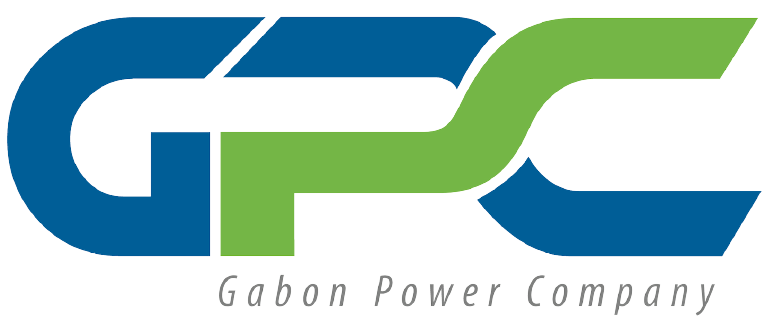Our Projects
- Home
- Our Projects
GPC’s mission is to carry out the research, design, construction and operation of energy and water production infrastructures. GPC holds equity stakes in project companies created for each project and is free to sell them once they are in operation.
GPC is currently developing five projects (four in power and one in water) in partnership with strategic players within the framework of BOOT (build-own-operate-transfer) agreements.
These include the Meridiam Group, an investment fund specializing in infrastructure, the Eranove Group, a pan-African industrialist in the water and electricity sector, and the Wärtsilä Group, the world’s leading industrial manufacturer of electrical generators.
Hydroelectric Power
Plants
Thermal
power plant
Water
Treatment Plant
Our Projects
Discover our projects
Located near the Monts de Cristal national park, north of Libreville, the Kinguélé hydroelectric power plant project will have a capacity of 35 MW and will eventually supply the national grid with 205 GWh per year. The project will supply approximately 13% of the electricity needs of Libreville, the capital of Gabon, and will contribute to the replacement of existing thermal capacity while saving more than 150,000 tons of CO2 emissions per year. It will also contribute to the electrification of rural areas such as Andock Foula, contributing to social inclusion in Gabon.
The project is the result of an agreement between GPC and Meridiam, and also benefits from the financial support of several key financial backers: IFC, the World Bank’s private sector arm, the African Development Bank, the Development Bank of Southern Africa and the Emerging Africa Infrastructure Fund.
The Owendo IPP, with a capacity of 120 MW, is a natural gas thermal power plant developed in partnership with Wärtsilä. The project is located in the Estuaire province and aims to contribute to the development of Gabon’s energy supply.
The new power plant will meet the demand of the Estuaire province, in particular the city of Owendo, which is the country’s largest port and the centerpiece of Gabon’s industrial system. It will also meet the demand of the Libreville metropolitan area, which is home to nearly half of Gabon’s population.
The Ngoulmendjim hydroelectric power plant project is located in the Estuary province, on the Komo River, and is in line with the Vision Gabon Emergent. The infrastructure is being built in partnership with the Eranove Group under a build-own-operate-transfer (BOOT) agreement that includes the design, financing, construction and management of the project. The plant will have a capacity and participation in the interconnected grid (RIC) of 83 MW, with an annual production equivalent to 550 GWh. The project foresees the creation of 1,000 direct and indirect jobs through subcontracting with small and medium-sized Gabonese companies. The project also involves a partnership with the Kango hospital to strengthen its technical facilities.
The Dibwangui hydropower project is a collaborative effort between GPC and the Eranove Group under a build-own-operate-transfer (BOOT) agreement. The infrastructure is located in the Ngounié province, on the Louetsi River, near the villages of Mandji and Dibwangui.
The plant has a capacity of 15 MW, with an annual production of nearly 90 GWh. This capacity contributes to the supply of the southern interconnected network (RIC Louetsi), with the ultimate goal of covering all the energy needs of this region. It will also allow the replacement of a thermal production by a green and sustainable production.
The Ntoum 7 water treatment plant project was developed under a memorandum of agreement signed in 2017 by the Republic of Gabon, the FGIS and the Eranove Group, in line with the objectives of the Gabon Emerging Strategic Plan (PSGE). This unprecedented infrastructure is located between the towns of Ntoum and Kango, on the Komo River. Once completed, the plant will have a capacity of 130,000 m3/day and will have a significant impact on the improvement of access to drinking water in Gabon. The project will create 500 direct jobs and will have a social impact benefiting approximately 600,000 inhabitants.
